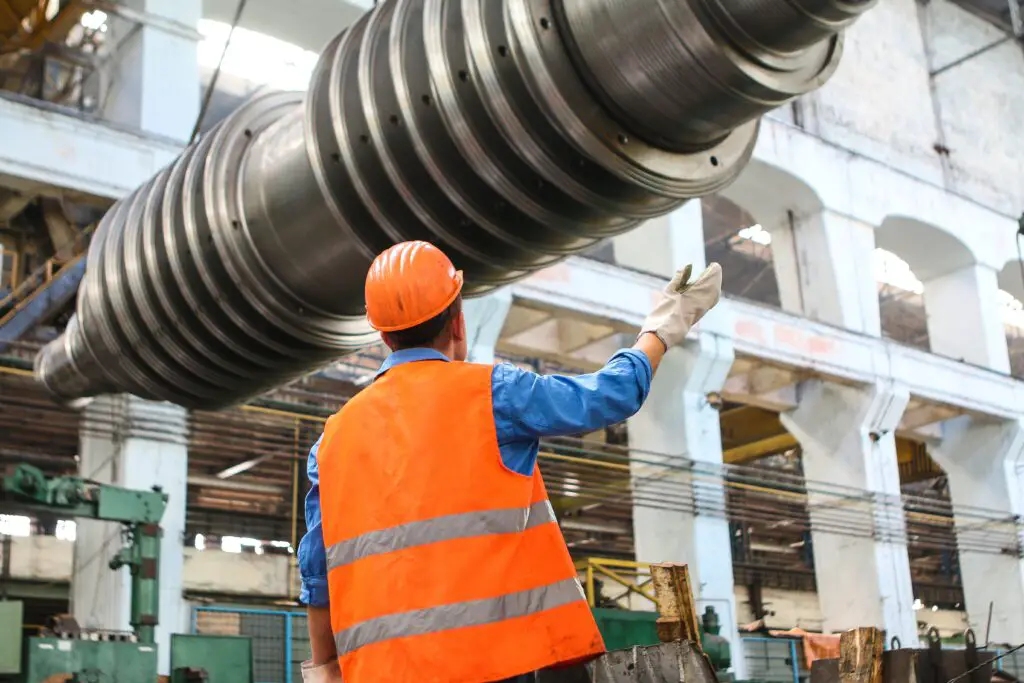
Revolutionizing Construction: Guaranteed Latest Technologies That Are Shaping the Industry
The construction industry has been undergoing a significant transformation in recent years, fueled by groundbreaking advancements in technology. These innovations are revolutionizing traditional construction practices, driving efficiency, safety, sustainability, and cost-effectiveness to unprecedented heights.
In this article, we will delve into the latest technologies that are reshaping the construction landscape, from the planning and design phases to the actual construction and beyond.
1. Building Information Modeling (BIM)
BIM is a digital representation of a building’s physical and functional characteristics, providing a collaborative and information-rich environment for architects, engineers, and construction professionals. BIM facilitates the integration of multiple project aspects, including architectural, structural, mechanical, and electrical elements. This technology enables early detection of potential clashes and conflicts, reducing rework, and enhancing overall project coordination.
2. Augmented Reality (AR) and Virtual Reality (VR)
AR and VR technologies are rapidly making their way into construction processes. AR overlays digital information onto the real-world environment, allowing stakeholders to visualize and interact with construction elements before they are built. VR immerses users in a computer-generated environment, enabling them to explore and experience the final design as if they were walking through it. Both AR and VR improve communication, enhance decision-making, and minimize errors during construction.
3. Drones and UAVs
Unmanned aerial vehicles (UAVs) or drones are transforming construction site surveying, monitoring, and inspections. Drones can rapidly capture high-resolution aerial imagery, creating accurate topographical maps and 3D models. Construction managers use this data for site analysis, progress tracking, and identifying potential safety hazards. Drones have significantly reduced the time and costs associated with traditional surveying methods.
4. Robotics and Automation
Automation and robotics are streamlining construction processes, making them more efficient and precise. Robots can be deployed for repetitive tasks, such as bricklaying, concrete pouring, and welding, increasing productivity and freeing up skilled labor for more complex activities. Furthermore, robotic technologies enhance worker safety by handling hazardous tasks and reducing physical strain.
5. Prefabrication and Modular Construction
Prefabrication and modular construction methods have gained popularity due to their speed and cost-effectiveness. Building components are manufactured off-site under controlled conditions and then assembled on-site. This approach reduces construction time, minimizes waste, and improves overall quality control. Additionally, modular construction allows for greater design flexibility and adaptability in response to changing needs.
6. 3D Printing
3D printing, also known as additive manufacturing, has emerged as a game-changer in the construction industry. Large-scale 3D printers can produce entire building components, such as walls, columns, and even entire houses. This technology reduces construction time, material waste, and labor costs while enabling the creation of complex and customizable structures.
7. Internet of Things (IoT)
The Internet of Things connects various devices and sensors embedded in construction equipment, machinery, and structures. IoT technology enables real-time monitoring and data collection, enhancing equipment maintenance, tracking worker safety, and optimizing resource usage. The data generated by IoT devices empowers construction companies to make data-driven decisions and improve project efficiency.
8. Sustainable and Green Building Technologies
Sustainability has become a key focus in the construction industry, and several technologies are contributing to greener building practices. From energy-efficient materials and smart building systems to renewable energy integration and water-saving innovations, green building technologies are reducing the environmental impact of construction projects while enhancing long-term operational efficiency.
Conclusion
The construction industry is embracing a new era of technological innovation, reshaping traditional practices and redefining project outcomes. Building Information Modeling, Augmented Reality, Virtual Reality, drones, robotics, prefabrication, 3D printing, Internet of Things, and sustainable building technologies are among the latest advancements driving unprecedented efficiency, safety, and sustainability in construction.
As these technologies continue to evolve, construction companies that adopt them will stay at the forefront of the industry, leading the way toward a more interconnected, eco-friendly, and efficient future.
To see other material construction prices, please see here.
To know other construction guides, tips, and methodology for beginners, veterans, and contractors, please see here.
